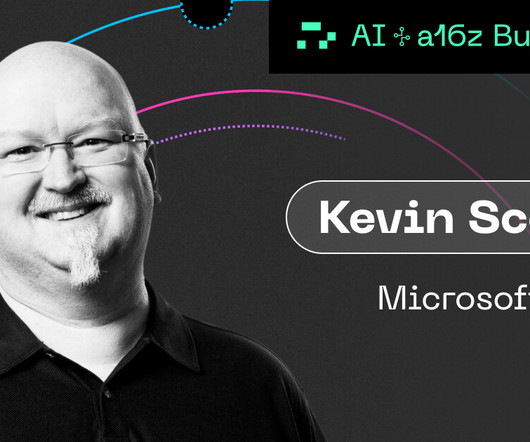53 Questions Developers Should Ask Innovators
TechEmpower SaaS
JULY 24, 2023
At TechEmpower, we frequently talk to startup founders, CEOs, product leaders, and other innovators about their next big tech initiative. After all, that’s what tech innovation is all about. After all, that’s what tech innovation is all about. The innovator/developer relationship needs to be a conversation.















Let's personalize your content